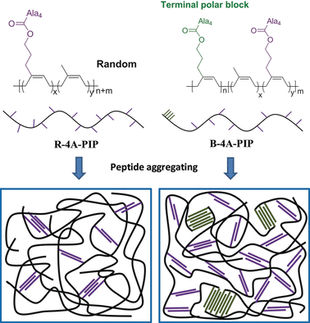Commission fines producers and traders of synthetic rubber EUR 519 million for price fixing cartel
The European Commission has fined five groups of companies a total of EUR 519 million for participating in a cartel to fix prices and share customers for certain types of synthetic rubber (Butadiene Rubber - BR and Emulsion Styrene Butadiene Rubber - ESBR), in violation of the EC Treaty's ban on restrictive business practices (Article 81). Companies belonging to the groups Eni, Bayer, Shell, Dow, Unipetrol and Trade-Stomil operated the cartel from at least 1996 to 2002. The fines on ENI, Shell and Bayer were increased because these companies had already been found guilty of taking part in cartels (although Bayer does not have to pay its fine because it received full immunity for having been the first company to reveal the cartel to the Commission).
The investigation was prompted by applications for leniency lodged by Bayer in December 2002 and January 2003, under the 2002 Leniency Notice. In March 2003, the Commission carried out an unannounced inspection at Dow, which subsequently applied for leniency. Bayer received full immunity from fines under the Commission's leniency programme, as it was the first company to come forward with information about the cartel.
The cartel Decision is based on numerous documents, corporate statements and witness interviews provided by the leniency applicants, together with meetings notes discovered by the Commission during the on-site inspection. The cartel agreements were made before or after the official meetings concerning BR and ESBR of the European Synthetic Rubber Association (ESRA). The cartel meetings took place in various cities (Milan, Vienna, Amsterdam, Prague and London, among others). During these meetings the participants agreed prices and exchanged information on key customers and the amounts of synthetic rubber supplied to them.
The statements from Bayer were to a large extent confirmed by the statements given by Dow. At a later stage, Shell also admitted to having participated in the cartel.
Organizations
Other news from the department politics & laws

Get the chemical industry in your inbox
By submitting this form you agree that LUMITOS AG will send you the newsletter(s) selected above by email. Your data will not be passed on to third parties. Your data will be stored and processed in accordance with our data protection regulations. LUMITOS may contact you by email for the purpose of advertising or market and opinion surveys. You can revoke your consent at any time without giving reasons to LUMITOS AG, Ernst-Augustin-Str. 2, 12489 Berlin, Germany or by e-mail at revoke@lumitos.com with effect for the future. In addition, each email contains a link to unsubscribe from the corresponding newsletter.
Most read news
More news from our other portals
Last viewed contents
Lonza announces price increase for three product lines





























































